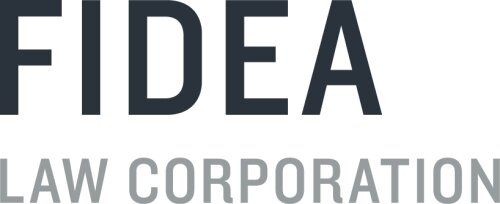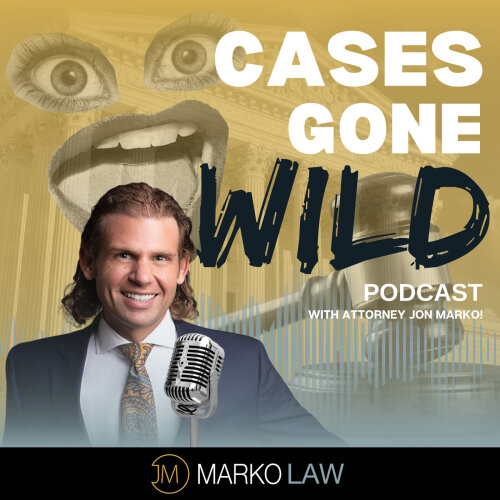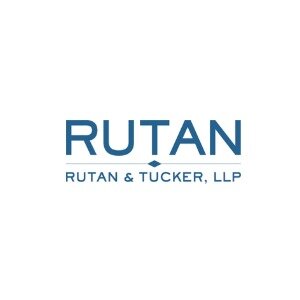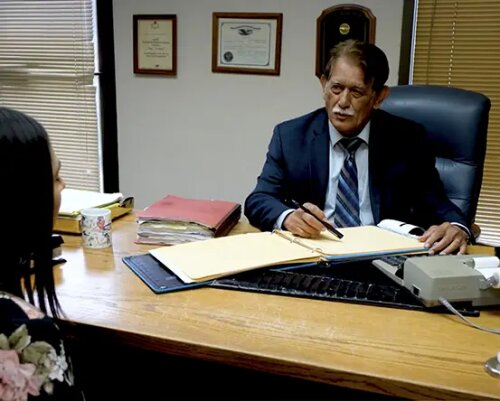Best Labor Law Lawyers in United States
Share your needs with us, get contacted by law firms.
Free. Takes 2 min.
Or refine your search by selecting a city:
List of the best lawyers in United States
About Labor Law in the United States
Labor law in the United States governs the rights and responsibilities of workers, employers, and trade unions. It is designed to ensure fair treatment in the workplace and to prevent discrimination. Key areas covered include wage laws, workplace safety, employee benefits, and rights to organize and bargain collectively. It operates under a combination of federal and state laws, with the federal laws typically providing a baseline of protections that states may build upon.
Why You May Need a Lawyer
There are several common situations where you may require legal assistance related to labor law:
- Unlawful Termination: If you believe you've been fired for illegal reasons, such as discrimination or retaliation.
- Discrimination: Encountering unfair treatment based on race, gender, age, religion, or other protected characteristics.
- Workplace Harassment: Facing a hostile work environment due to inappropriate behavior, such as sexual harassment.
- Wage & Hour Disputes: Issues related to overtime, minimum wage, or wrongful wage deductions.
- Workers' Compensation Claims: Navigating benefits after a workplace injury or illness.
- Contractual Disputes: Employment contract issues, including non-competes and severance agreements.
- Union and Collective Bargaining Issues: Matters involving union representation or negotiation of labor contracts.
Local Laws Overview
While federal laws provide foundational worker rights, state and local jurisdictions often have additional regulations that might offer greater protections. Some of these areas include:
- Minimum Wage: States often set minimum wages above the federal floor.
- Paid Sick Leave: Many local laws require employers to offer paid sick leave beyond federal mandates.
- Family and Medical Leave: Some states provide more extensive leave than the federal Family and Medical Leave Act (FMLA).
- Fair Employment Practices: States may have broader definitions and protections against workplace discrimination.
Frequently Asked Questions
What is the minimum wage in the United States?
The federal minimum wage is $7.25 per hour, but many states and cities have higher minimum wages.
Can an employer fire me without a reason?
Most employment is "at-will," meaning an employer can fire an employee for any reason that is not illegal-such as discrimination or retaliation.
Am I entitled to overtime pay?
Non-exempt employees are entitled to overtime pay at 1.5 times their regular rate for hours worked over 40 in a workweek, under the Fair Labor Standards Act (FLSA).
What are my rights regarding discrimination at work?
Employees have the right to a workplace free from discrimination based on race, color, religion, sex, national origin, age, disability, or genetic information.
How do I report workplace harassment?
You should report harassment to your employer according to your company’s procedures. If unresolved, you can file a complaint with the Equal Employment Opportunity Commission (EEOC).
How can I file a workers' compensation claim?
Inform your employer of your injury as soon as possible and follow your state’s specific process for filing a workers' compensation claim.
What protections do whistleblowers have?
Various federal and state laws protect employees who report illegal activities from employer retaliation.
Do I get paid for unused vacation time if I leave my job?
This depends on state law and your employer's policy. Some states require payment for unused vacation time upon termination.
Can my employer check my credit report?
Generally, an employer must get your permission to check your credit, but this is subject to state law restrictions.
What is FMLA and am I eligible?
The Family and Medical Leave Act allows eligible employees to take unpaid, job-protected leave for specified family and medical reasons. Eligibility requires working for a covered employer and meeting specific work requirements.
Additional Resources
There are several resources available to assist with labor law issues:
- U.S. Department of Labor (DOL): Provides information on federal labor laws and regulations.
- Equal Employment Opportunity Commission (EEOC): Handles complaints related to workplace discrimination.
- National Labor Relations Board (NLRB): Oversees labor practices and union activities.
- State Labor Offices: Offer guidance on state-specific labor laws and protections.
- Legal Aid Societies: Often provide free or low-cost legal assistance for eligible individuals.
Next Steps
If you believe you need legal assistance regarding a labor law issue, consider the following steps:
- Document any incidents or issues, keeping a detailed record of events and communications.
- Review your company’s policies and any applicable employee handbook for guidance and procedures.
- Consult with a labor lawyer to understand your rights and options. Many attorneys offer free initial consultations.
- If you lack resources, contact your local legal aid office for assistance or referrals.
- File a complaint with the appropriate government agency if your situation falls under their jurisdiction.
Lawzana helps you find the best lawyers and law firms in United States through a curated and pre-screened list of qualified legal professionals. Our platform offers rankings and detailed profiles of attorneys and law firms, allowing you to compare based on practice areas, including Labor Law, experience, and client feedback.
Each profile includes a description of the firm's areas of practice, client reviews, team members and partners, year of establishment, spoken languages, office locations, contact information, social media presence, and any published articles or resources. Most firms on our platform speak English and are experienced in both local and international legal matters.
Get a quote from top-rated law firms in United States — quickly, securely, and without unnecessary hassle.
Disclaimer:
The information provided on this page is for general informational purposes only and does not constitute legal advice. While we strive to ensure the accuracy and relevance of the content, legal information may change over time, and interpretations of the law can vary. You should always consult with a qualified legal professional for advice specific to your situation.
We disclaim all liability for actions taken or not taken based on the content of this page. If you believe any information is incorrect or outdated, please contact us, and we will review and update it where appropriate.
Browse labor law law firms by state in United States
Refine your search by selecting a state.

















